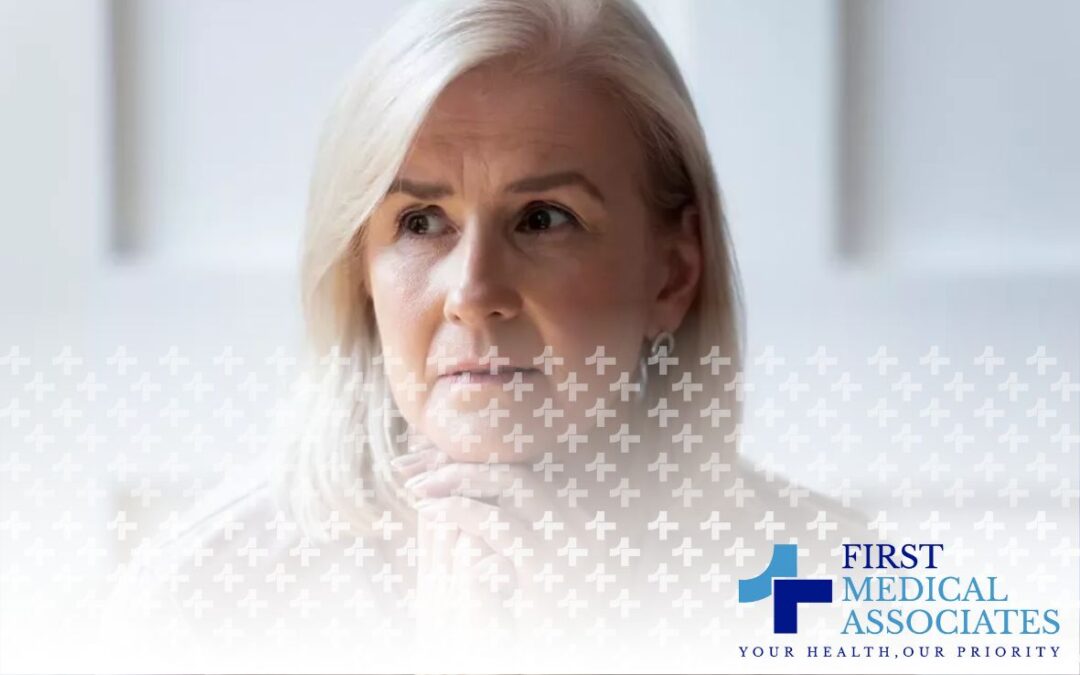A little forgetfulness happens to all of us from time to time; usually, it’s nothing to worry about. Other times, memory loss can be a sign of a more serious underlying issue, including dementia. Here’s when to have your memory issues evaluated.
A little memory loss or forgetfulness happens to us all as we get older: You forget where you placed the keys. You can’t remember the name of a new coworker or neighbor.
In most instances, these minor lapses are nothing to worry about. But when memory loss becomes more pronounced or pervasive, it could be a sign of something more serious — and it could also be helped with early diagnosis and intervention by a skilled primary care doctor.
At Doctors First PC, our team helps patients in Gaithersburg, Germantown, Rockville and Columbia, Maryland, learn what’s causing their memory issues so they can get treatment as soon as possible. If you or a loved one has memory problems, here’s how to tell if a medical evaluation by a member of our geriatrics care team is warranted.
Memory problems and aging
Most people think of forgetfulness as part of getting older. But while a little memory decline is probably nothing to worry about, chronic or progressive issues with memory and cognition can be associated with more serious problems, including Alzheimer’s disease and other types of dementia. Differentiating between “serious” or predictive patterns of memory loss and more common, mild symptoms isn’t always easy. For instance, some older women and men may have what’s known as mild cognitive impairment, or MCI. Sometimes, although not always, MCI indicates a very early sign of dementia. Common MCI symptoms include:- Misplacing things, like your keys
- Forgetting appointments or important engagements
- Difficulty finding the right words
Other causes of memory problems
Although memory issues can be a symptom of dementia, lots of other issues can cause similar symptoms, including:- Medications
- Vitamin deficiencies
- Head injury (even from a minor fall)
- Depression or anxiety
- Substance abuse
- Thyroid disease
- Sleep apnea or other sleep problems
Memory concerns: When to see your family doctor
Whether or not memory issues are an early sign of dementia, they still need to be evaluated. In fact, having regular medical evaluations with your family physician is important for tracking changes in your symptoms, as well as implementing therapies and lifestyle changes to reduce those symptoms. Certainly, you should call the office and schedule an evaluation if you have symptoms like:- Getting lost in familiar areas
- Forgetting the names of friends and loved ones
- Problems with communication or finding the right words
- Problems performing daily routine tasks
- Repeating the same questions over and over
- Continually losing items
- Repeatedly putting items away in odd places
- Confusing words and their meanings
- Not recognizing family or friends
- Taking much longer to complete simple, familiar tasks
- Problems with problem-solving or planning
- Increased feelings of frustration, anxiety, depression, or aggression

